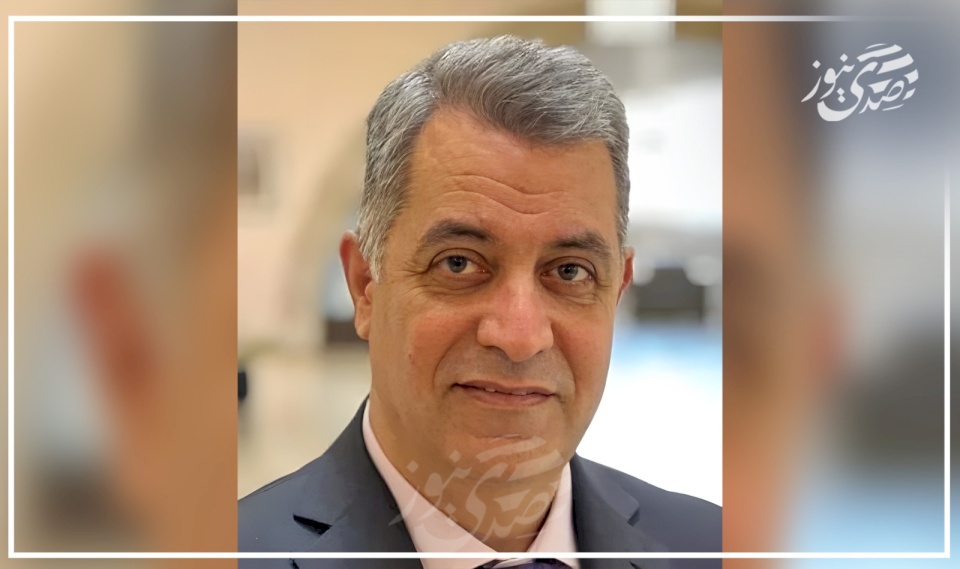
From the Permanent to the Temporary Constitution (2- 3)
(1) From the Permanent Constitution to the Temporary
The decree No. 4 of 2025 regarding the formation of the Committee for drafting the temporary constitution, as published in issue 229 of the official gazette, reflects a shift in the presidential direction from producing a permanent constitution for the State of Palestine to producing a temporary constitution for it. This is contrary to the directions of the Palestinian National Council in 1988, the Central Council in 1999, and the presidential decision in 2011, which called for the establishment of committees for preparing/drafting the Palestinian constitution. These efforts followed the declaration of the Declaration of Independence in 1988, which tasked the Palestinian National Council with forming a committee to start working on drafting the constitution; however, it did not complete the task. Some of its members contributed to the drafting of the Basic Law in 1997, which is referred to as the 'temporary constitution' by some Palestinian politicians.
In 1999, the Central Council of the Palestine Liberation Organization assigned a new committee to draft a permanent constitution corresponding with the declaration of the state. President Yasser Arafat appointed Dr. Nabil Shaath and a group of legal figures to begin the work. The committee presented the first draft in 2001, while the work on the constitution draft continued and was amended multiple times, reaching the third revised version on May 15, 2003. Many prominent Palestinian, Arab, and international figures, including politicians and constitutional law experts, contributed to preparing the multiple drafts; the constitution preparation committee consisted of twelve members chaired by Dr. Nabil Shaath. An Arab committee was formed to support the drafting of the Palestinian constitution, comprising ten members who are experts in constitutional law at the Arab level, chaired by Dr. Ismat Abdel Majid, along with four international experts: two from Britain, one from Spain, and one from the United States. Additionally, there was an advisory committee for drafting the constitution composed of 39 diverse Palestinian figures in terms of intellectual, political, sectarian, and functional backgrounds.
In 2011, President Mahmoud Abbas issued an amendment to the formation of the drafting committee, making Mr. Saleem al-Zanoun the head of the constitution drafting committee, with Dr. Nabil Shaath as his deputy, under presidential decision No. (102) of 2011 regarding the amendment of the presidential decision to form the Palestinian constitution committee, amid the political battle President Mahmoud Abbas was waging at the United Nations to elevate Palestine's status from a observer entity to a member state in the United Nations. That committee became active at the time, yet it did not present a new draft or publish what had been added to the previous committee's efforts.
(2) The Fear of the Permanent Temporary
Concerns about the transformation of the temporary constitution into a permanent one among Palestinians are legitimate; the transitional phase established by the Oslo Accords in 1993, which was supposed to end in 1999, has become permanent for over thirty years, and the Basic Law prepared in 1997 and its amendments as a temporary constitution until the state is established have become "permanent". This concern is also based on experiences in other Arab countries, such as Sudan and Libya, which used "temporary constitutions" or "constitutional declarations" to arrange the transitional phase, yet failed in the transition process.
Despite the positives of the temporary constitution in organizing the transitional phase as it provides a temporary legal framework to manage governance affairs, specifies the powers of the authorities, and enjoys the flexibility that allows for experimentation and adaptation to political changes before enacting a permanent constitution and avoiding constitutional vacuum, the negatives such as the lack of stability since it is temporary, opening the door to disputes over legitimacy and authority powers, the possibility of exploiting it to extend transitional periods without a clear time limit, and the diminished trust of citizens in it become evident. Generally, people view the temporary constitution as a fragile and insufficient framework to establish the rule of law, and there is a fear that the transitional phase may be prolonged if there is no political will to establish a permanent constitution, allowing the temporary to become permanent by de facto.
This fear is legitimate, especially since decree No. 4 of 2025 did not specify the mechanisms and procedures for approving the temporary constitution intended to be drafted by the committee or the responsible authority for that. Additionally, drafting constitutions is not merely a technical issue but a matter of politics par excellence, translating the social contract with its various components into a constitutional document that organizes life, embodies its cultural reservoir and social evolution, and reflects its political aspirations and hopes.

Huckabee's Statements Reveal the Falsehood of Trump's Peace and Reinforce Religious Confli...

Licensed Occupation by Law

Whoever Does Not Plant Hope, Plants Departure...

Between "Here is Jerusalem" and "Here is Gaza" ... The Voice of a Nation and the Steadfast...

While some count the boos, Palestinians count their martyrs.. Paradoxes of the internation...

When the Palestinian Issue is Reduced to Gaza Management

Legally Licensed Occupation

